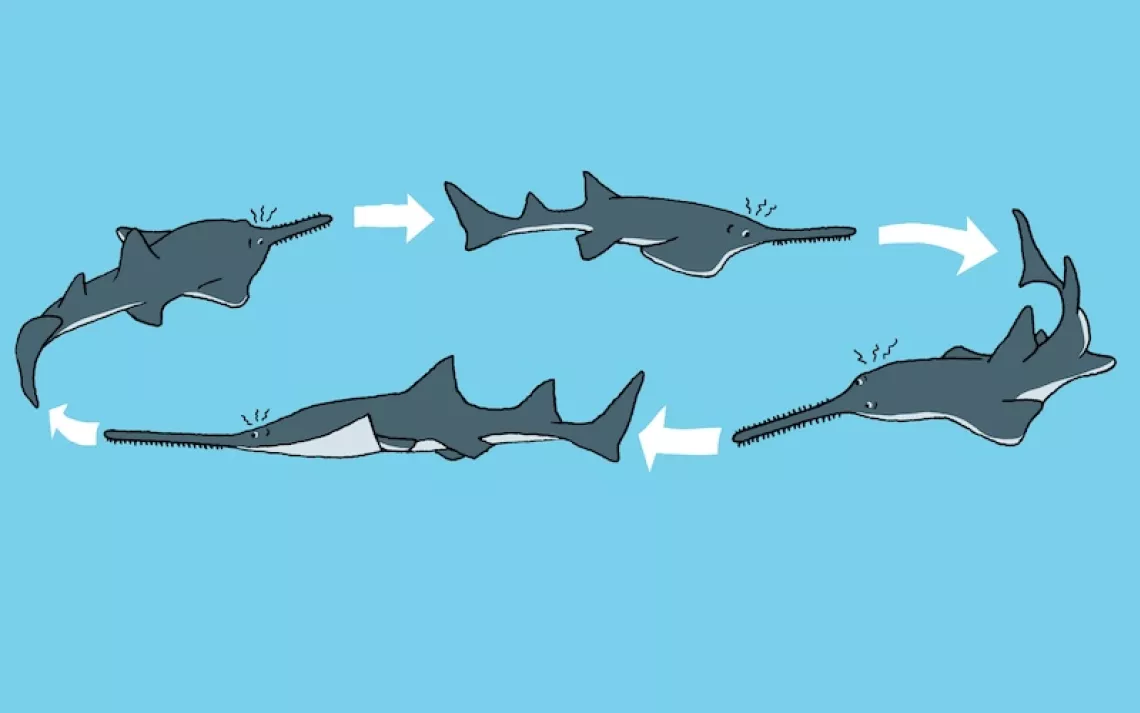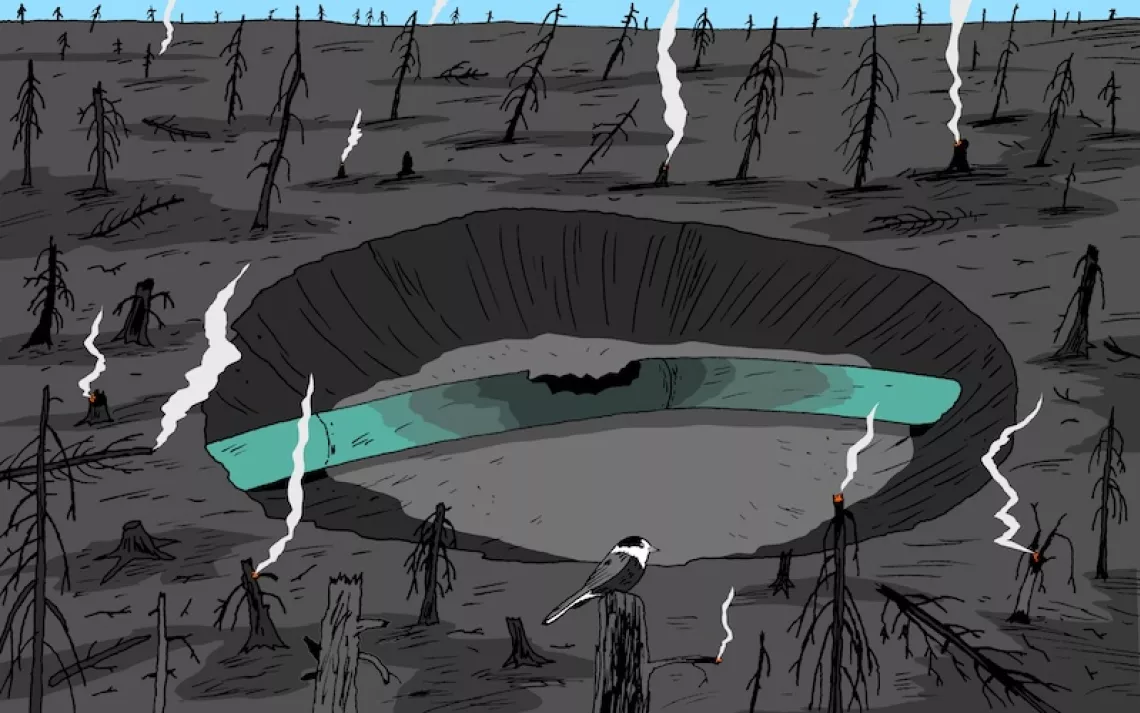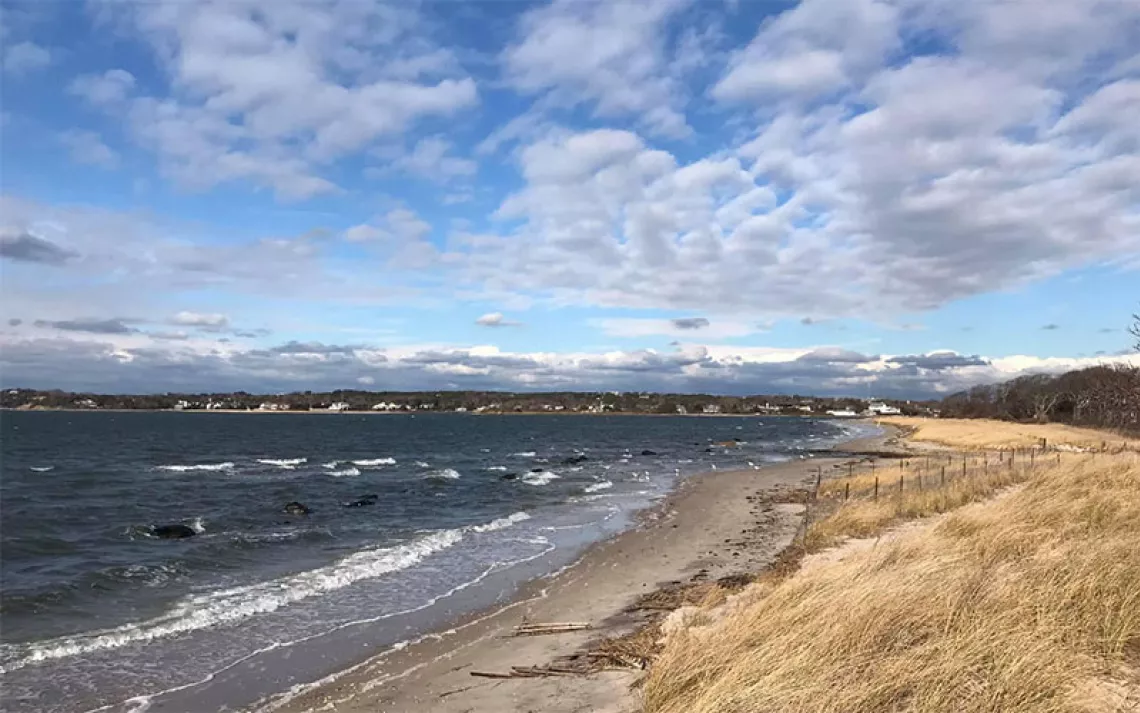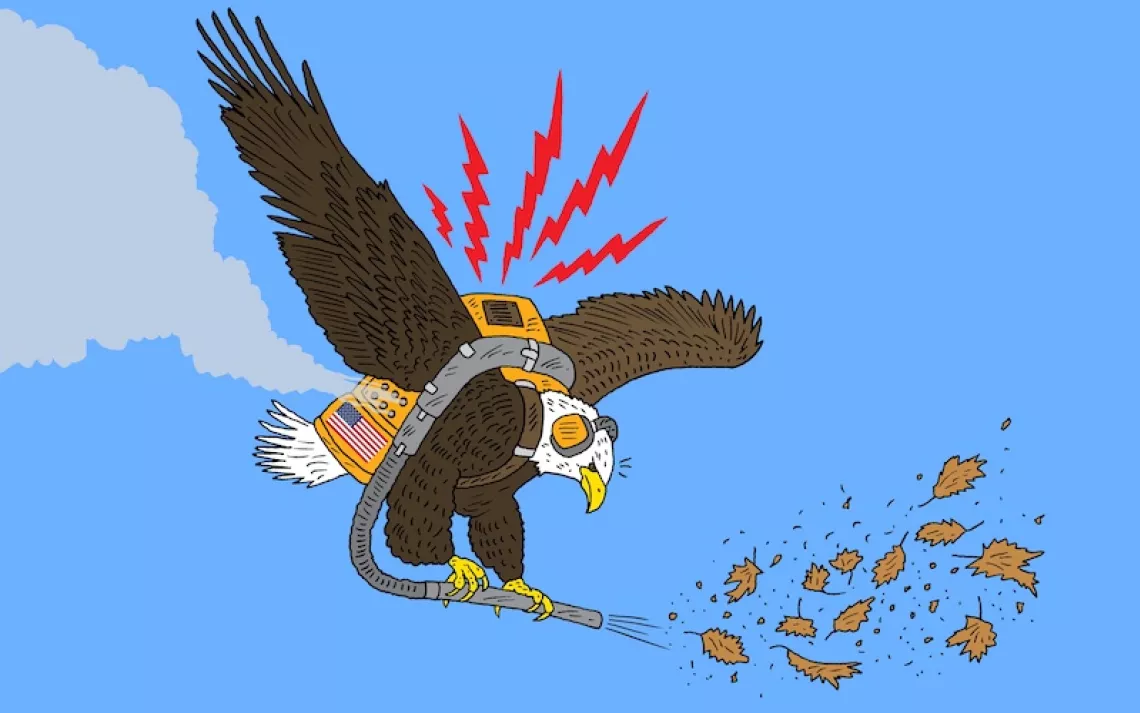Leave a Trace
As environmentalists, we need to leave this wounded planet better than we found it

Photo by iStock/andreswd
All you hikers and backpackers out there know the mantra for spending time in wild nature: Take only memories and leave only footprints. At the individual or family level, the "leave no trace" wilderness ethic is important wisdom. You should leave the forest—or the desert or the seashore—just as you found it.
On a collective level, however, this time-tested ethos doesn't serve as well as it once did. In the midst of the Anthropocene, or the Human Age, our industrial civilization's environmental impacts are so sweeping that a leave-it-be policy is no longer always sufficient to safeguard nature. Ecosystems will need the helping hands of humans to thrive in this hot and chaotic century.
True, many landscapes can recover from the abuses of industry if they're given the opportunity to heal. Forests regrow after logging, salmon have returned to rivers once straightjacketed by dams, and beavers are recolonizing streams. Simple human forbearance goes a long way toward helping nature heal.
It's also true that as temperatures rise and weather patterns shift, some ecosystems are struggling. This is the case in the Four Corners region, where piñon-juniper woodlands are failing to regenerate after high-intensity wildfires. As Krista Langlois reports in "Future Forests of America," in some postfire landscapes, new piñons and junipers "simply aren't growing on their own." In response, researchers and government agencies are experimenting with replanting seedlings. It turns out that we may need to assist forests in adapting to a more volatile climate.
Similarly, human intervention on the landscape will be necessary to help the native flora and fauna of the West rebound from overgrazing by cattle and free-roaming horses and burros. In "Beasts of Burden," Heather Hansman reports that the number of wild horses has more than tripled since 2007. This "has led to a calamity on the rangeland" as wild horses tear up native vegetation, degrade riparian areas, and destroy fragile desert biocrust. It would be nice if we could just let the wild horses stay wild. But Hansman concludes that, for the sake of flora and feral horses alike, "managing ecosystem diversity takes ongoing flexibility."
The prospect of having to replant forests to help them cope with climate change and the necessity of managing wild-horse populations represent an evolution in environmentalism. If 20th-century environmentalism was focused on conservation and preservation, 21st-century environmentalism is increasingly centered on restoration and revival.
This doesn't mean giving up on the ideal of wildness, which has long been the beating heart of efforts to protect the living world. Some places, like designated wilderness, should remain landscapes for evolution to occur without deliberate human intervention. At the same time, we should recognize that a human touch can sometimes foster wildness. Think of the recovery of the California condor. Think of gray wolves, which have spread across the western United States since the species' reintroduction into Yellowstone National Park more than 25 years ago. It's all part of the work of refashioning old values for new times.
The most exciting thing about the pivot from conservation to restoration is that while the former is (mostly) passive, the latter is active. Conservation draws lines on a map to keep out the bulldozers and chainsaws; rewilding is about coloring those lines in. Ecological recovery will take a lot of work—and that's a good thing. Just as we'll need people to manufacture solar panels and get them onto roofs, we'll need people to help replant burned forests, restore stream banks, and rewild the range.
This effort of ecological repair can be the labor of millions, the work of a generation. Our task today is not simply to leave no trace, but rather to make a virtuous mark and ensure that we leave this wounded planet better than we found it.
__________________
 The Magazine of The Sierra Club
The Magazine of The Sierra Club







